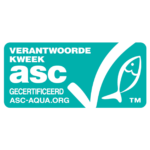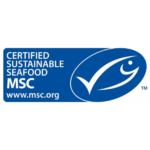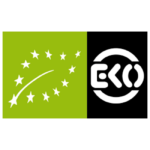Whiting
Atlantic Ocean, northeast (FAO 27)
Bottom otter trawl, Bottom trawls
- Jan
- Feb
- Mar
- Apr
- May
- Jun
- Jul
- Aug
- Sep
- Oct
- Nov
- Dec
Cod-like fishes belong to the Gadidae family. This includes the Atlantic and Pacific cod, pouting, haddock, whiting, European pollock, Alaska pollock and saithe. They live near the seabed in coastal waters and in deeper waters. During the day, they aggregate in schools. At night, they separate to forage independently. Gadidae are omnivorous fish that feed on worms, molluscs, bivalves, crustaceans and small fish. They migrate over large distances to spawn and to hunt on large schools of herring and smelt.
Whiting, also known as merlin, is a fish species from the cod family. Whiting can be found in the north-eastern Atlantic Ocean, from Iceland and the Barents Sea in the north, down to Portugal in the south. Whiting lives close to the seabed, at depths between 30 – 100 m. Whiting has a longer life-span than other cod species, it can get up to 20 years old. Whiting is mostly consumed in England and France. It is gaining in popularity on the markets because stocks of other cod species are in decline.
Atlantic Ocean, northeast (FAO 27)
Bottom otter trawl, Bottom trawls
Atlantic Ocean, northeast (FAO 27)
Bottom otter trawl

Fish with the ASC label is farmed in a sustainable manner.

Fish with the MSC label is caught sustainably.
This fish is not being overfished or is being responsibly farmed, with minimal impact on the environment.
This fish is a second choice. There are still some improvements to be made in this fishery or fish farm.
Do not buy this fish. It's being overfished or the way it's farmed or caught has a negative impact on the environment.

There is fish available of this species that is farmed or caught using high welfare standards.

GlobalG.A.P. certified farms are doing a step in the right direction in terms of sustainability. A few species with this label are getting a better score on the VISwijzer.

Organic standards are the strictest when it comes to fish feed. They also require certain measures for animal well-being.